‘... this rank is the nearest to a peerage, and given the title of Right Honourable is a distinction for life.’
With a change of his position in government and a step closer to his heart's desire Charles Tennyson pestered his father to change the family name to d’Eyncourt, but he would not. He did succeed however in getting his father to add a codicil to his will so that he could be called Charles Tennyson d’Eyncourt and on the death of his father, he added d’Eyncourt to his name. Four years later he petitioned government for permission to officially use the name, but he was refused. At the same time, he had begun work on a ‘grandiose building programme’ on his house in Tealby, turning it into an ‘extravagant Gothic castle.’
One reason for the name change could be that he saw himself superior in person, and in rank, to George who was living as a rector of the parish of Somersby, but pride they say comes before a fall, and Charles’ fall was the jealously he felt regarding the achievements of his nephew.
Alfred Tennyson’s success as a poet irritated him, but it was the rewards that came with it that angered him the most, especially when he was granted the prestigious post of Poet Laureate, but what really made him seethe was the offer of the one thing he desired above anything else - a peerage.
Charles Tennyson d’Eyncourt would never receive a peerage, his lowly brother’s son however would become Alfred, Lord Tennyson.
‘... this rank is the nearest to a peerage and given the title of Right Honourable is a distinction for life.’
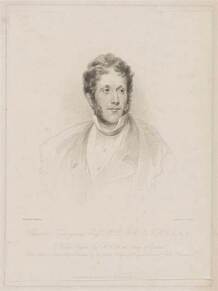
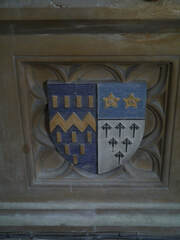
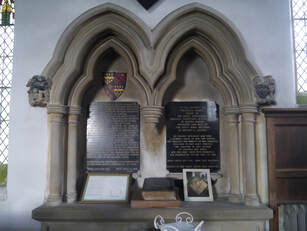
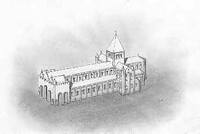
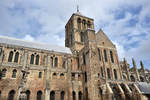
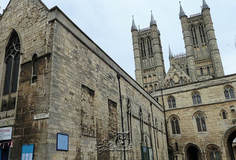
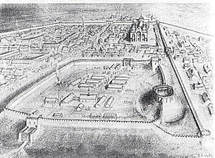
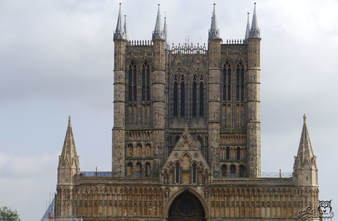

 RSS Feed
RSS Feed
